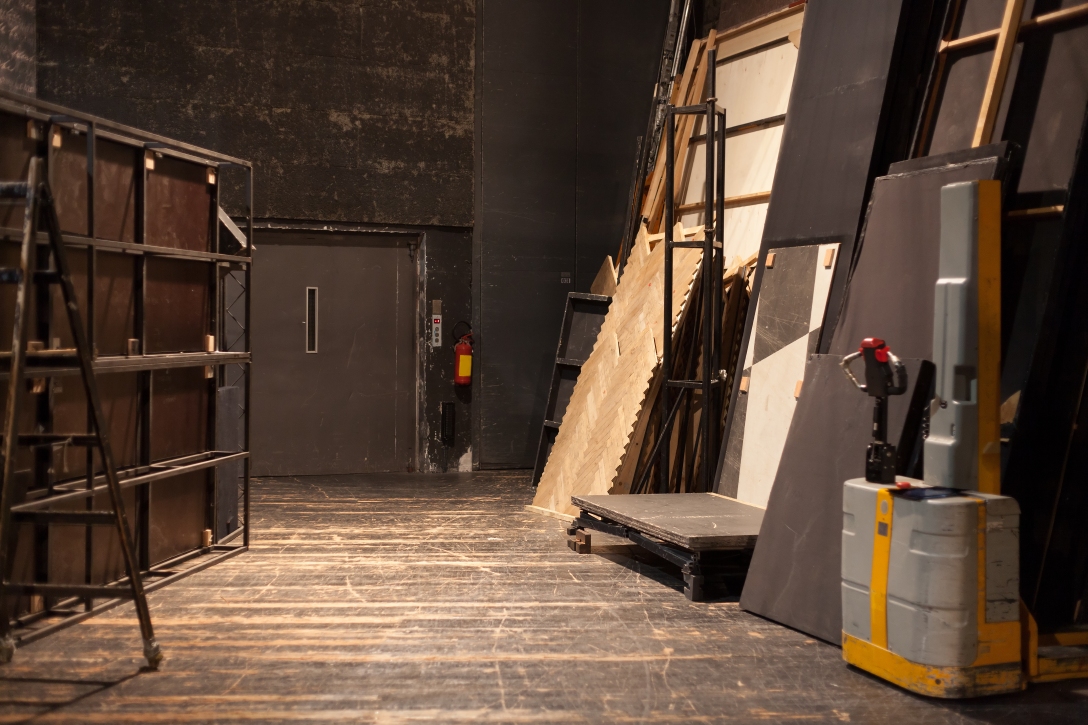I’m sitting here, on a Sunday morning, paying homage at the foot of Sondheim. I learned about the 90th Birthday concert (in lockdown) a day late and it’s taken me this long to catch up.
Sondheim gave me some of the most powerful, bewildering, cathartic moments of my childhood, and every year that passes, I find something new: a detail, a new emotional resonance, and idea that is more nuanced now, than it was when it first took root.
So I sit, watching these artists perform from their living rooms, with light glaring on the glasses, and pictures askew in the background, with them telling stories of their own journey of understanding, and is it wonderful.
Please understand: I long for the day when the curtain goes up, and the lights dim, and the perfection of detail takes my breath away. But we can’t have that right now — so what reduces me to tears is hearing an actress hold all the pain against all the brashness of ‘There won’t be trumpets’, who then cuts to her two year old singing happy birthday. Then an actor — singing a Bernadette Peter’s song, something ‘not his’ — who cuts to his children (who come in perfectly, winningly) and brings something new to the song.
And I think: this is the community Sondheim created — these are the people who have gone so deep into the complexity of his music that they now — currently — in this crisis have the capacity to hold the emotion, expose it, process it, reveal themselves.
This works, right now, today, because of the years these people have spent working in the flesh, digging in to the depths, being formed by remarkable art, discipline & community.
I have found the shift to online worship remarkably difficult. I hate cameras. Everything I believe about worship, preaching, the eucharist says that it is not about one person sitting at home with a camera, offering things that can’t be challenged, reshaped by the moment, formed together, between us, with the Spirit of God flitting, and heightening, and surprising us all.
There is no surprise in a recording — and when the mistakes happen, they don’t help bond the community — they do not give the same opportunity for grace.
The online worship is the best we can do right now — and there are good things. Some of the same vulnerability, risk, humanity that I am enjoying so much as I watching Sondheim’s 90th is there in some of the church’s attempts on line. We are taking risks. We are learning. And even in its inadequacy, it is a way of staying connected and trying to ground ourselves in the discipline of trying to worship even when I’m not sure that anything done in front of a screen is ever truly worship.
But if this goes on — and there is every indication that it will — I worry about what it does to our formation.
We are shaped by being together in community. We are formed into the body of Christ by going deep into prayer, into the movements of the Spirit, into the core stories that form our liturgy, and are distilled in the eucharist — so that day after day, week after week, we learn to offer whatever is true, whatever is real, to be taken up with bread and wine, broken, blessed, transformed. And we learn to do that because we see other people doing it. Those first years of faith — and lots of days thereafter — we only get to the altar because we step into a stream of worship that has gone on before us, and will go on beyond us, and which therefore doesn’t depend on our readiness or understanding. We carry each other. And that person, whose name you don’t know, but who has prayed in that pew for decades: she is part of how you receive the body of Christ. And that person who always tried to talk to you, and annoy you, as you wait for communion: they form you in Christ’s body. And the one who serves you communion whom you don’t much like, or who doesn’t wear what you want them to wear, or never ties their hair back? They are God’s gift to you too — the endless proclamation of YHWH saying, ‘I will be who I will be. You don’t get to control me. I am free.’
None of that happens online. When we are bored, we skip ahead, or switch to a different screen. If we don’t love the offering of our own church (or if Canterbury has better provision of cats and turtles), we flit: to old friends, to far off places, to somewhere with the capacity to do more elaborate music. That’s OK, for a while — right now, we have to do whatever we can to get through. But it doesn’t help us become the body of Christ.
There is no formation in love or goodness unless we face the regular irritant of people we are bound to and can’t escape from, who show us the very face of God.
Go watch Sondheim. Find delight and catharsis and see what it means for a community to be formed by a shared practice and liturgy. Go deep into your own formation and let it be revealed. But know that whatever blessings there are, whatever we are learning that is new, it is not enough. Formation is bodily and communal. That is not going to change, even as our world is changing; so we need to learn how to make it so again.

Well said, Kimberly. Some of the online worship we’ve followed has been very powerful, but it is only made complete by the physical presence of those who can bring grace, care and forgiveness to us, and we to them.